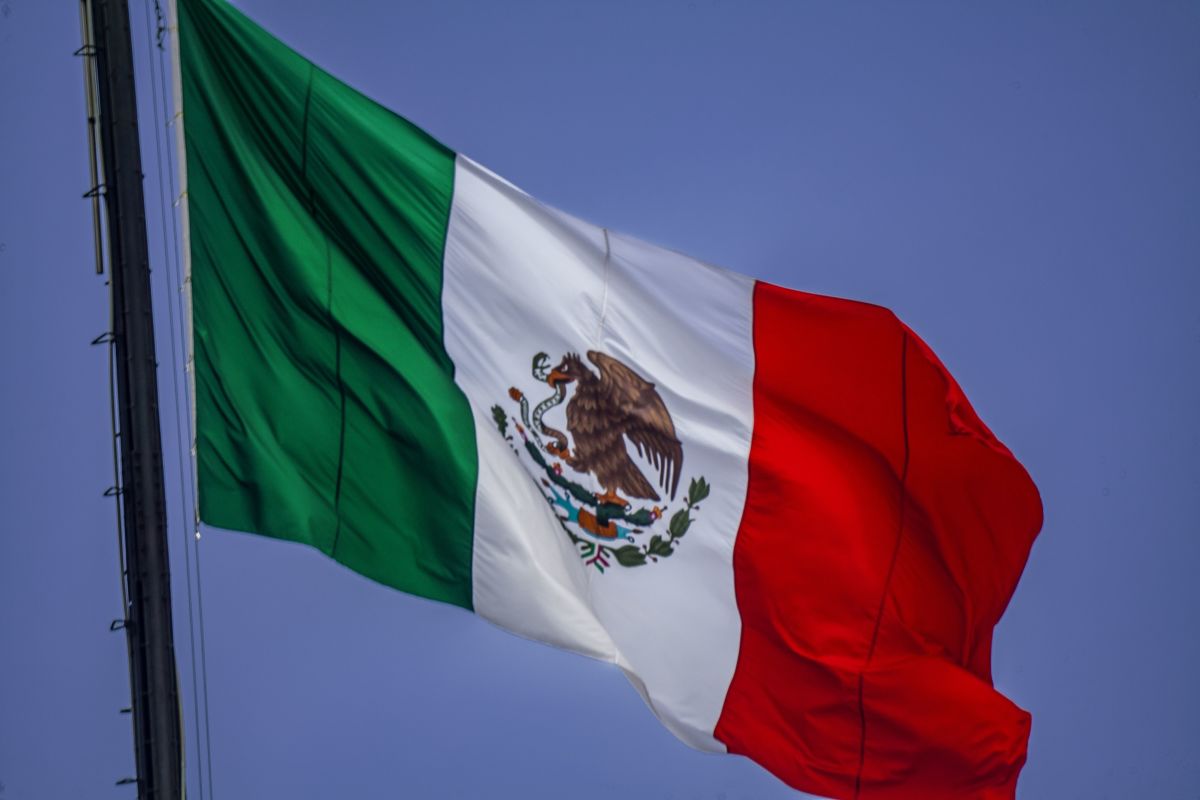Manage your account
…
Mexico is moving to raise tariffs on Chinese-built vehicles to as high as 50%, a significant hike from current rates in the 15–20% range. Officials say the new measures are part of a broad industrial strategy aimed at protecting domestic jobs and manufacturers. But observers note the timing is also politically useful: easing pressure from Washington ahead of the next USMCA review.
The tariff hike covers not just cars but thousands of import categories, from auto parts to electronics. Mexico’s Economy Ministry has defended the move as an effort to stop “below-market” imports from flooding its market. Still, it comes as the United States has turned up the heat, worried that Chinese automakers might route vehicles through Mexico to sidestep American duties.
The politics are hard to ignore. Just this week, Toyota announced it would slim down U.S. Lexus production in light of tariffs, while Trump signed a new deal slashing Japanese auto tariffs. Against that backdrop, Mexico’s action looks like a strategic gesture to keep relations smooth with its largest trading partner.
Mexico isn’t acting in a vacuum. The U.S. tariff environment is shifting almost monthly. Trump’s latest order lowered duties on Japanese imports, giving Toyota and Honda an edge over European rivals. At the same time, Washington is threatening broader measures that could raise prices across the EV sector. Analysts warn that new U.S. tariffs could push EV prices even higher, forcing automakers to absorb costs or pass them on to consumers.
For Mexico, higher tariffs on Chinese vehicles both shield its domestic industries and send a message that it is aligned with U.S. interests on trade—even if officials publicly deny placating Washington.
China has already criticized Mexico’s plan, calling it unjustified and warning of potential trade friction. Mexico’s government insists it isn’t seeking conflict, framing the move as part of its broader Plan México industrial policy.
Still, the fallout could reshape the competitive landscape. Chinese automakers looking to expand in Latin America may face steeper costs, while Japanese and U.S. brands could gain breathing room.
Mexico’s tariff hike on Chinese cars is as much about geopolitics as economics. By raising duties, it protects its industry, reassures the U.S., and risks friction with Beijing—all at once. As tariffs stack higher in both Mexico and the U.S., the cost of driving an EV or imported car in North America may only climb further.
This story was originally reported by Autoblog on Sep 13, 2025, where it first appeared in the News section. Add Autoblog as a Preferred Source by clicking here.
Car accessories
Help
About us
About our ads
Licensing
Sitemap
Follow us on
© 2025 Yahoo. All rights reserved.












